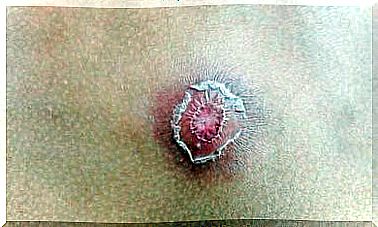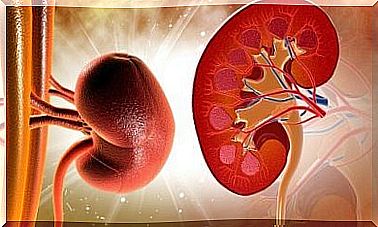Hypocalcemia: Symptoms And Treatment
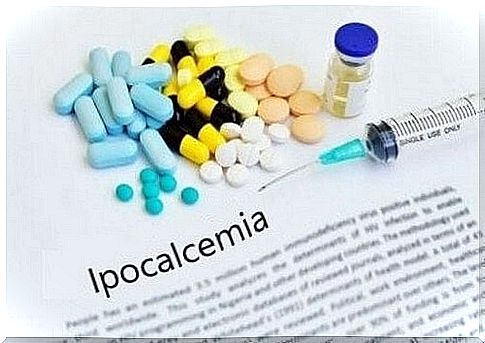
Calcium is one of the essential minerals to keep our health in an optimal state. If your calcium levels are too low, you could suffer from hypocalcemia, a very common disease.
This mineral has two important functions, at the intracellular and extracellular level:
- Intracellular level : it intervenes in various enzymatic reactions and is important for the transmission of nerve signals.
- Extracellular level : it is of great importance for endocrine secretion, coagulation and neuromuscular plaque.
These two levels need to be taken into consideration, since many of the symptoms of hypocalcemia will be related to them.
Symptoms and treatment of hypocalcemia
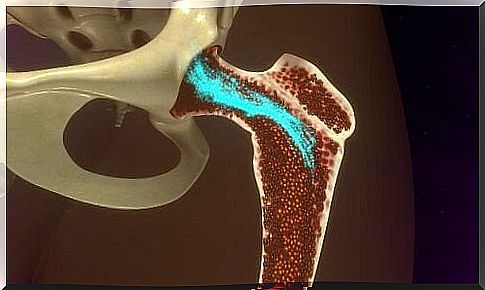
Hypocalcemia usually appears due to a lack of vitamin D, chronic kidney disease, or if you have a severe blood disease such as leukemia.
In all of these cases and many more, the main organs that will begin to suffer from this calcium deficiency in the blood will be the bones, intestines and kidneys. However, we see some of the symptoms of this disease more extensively.
- Increased excitability of the neuromuscular plaque : Spasms that occur in the muscles can be very painful. They usually affect the limb muscles. This phenomenon is known as tetany.
- Tiredness and weakness : the subject is much more tired than usual. This may be due to the diarrheal episodes and sudden weight loss that usually occurs when suffering from this disease.
- Psychosis and anxiety : these two symptoms are very common. The subject begins to manifest a change in their sense of reality, followed by several anxiety crises.
- Paresthesias : In addition to spasms, tingling, numbness and burning can be felt in different parts of the body. Sometimes, sharp and sudden pains may also be noted.
These are just some of the symptoms that can accompany hypocalcemia, however there are many others such as arrhythmia or arterial hypotension. Relying on a doctor will be essential to receive a reliable diagnosis and start the right treatment for this disease.
What is the treatment?
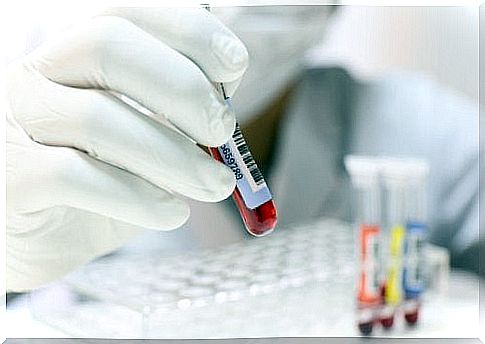
To find out if a person is really suffering from hypocalcemia, a blood test is required. In this way, the doctor will be able to know if it is necessary to start treatment for this disease, as well as to detect the type of hypocalcemia that you suffer from.
Types of hypocalcemia
Acute
This first type of hypocalcemia has a severe character. Therefore, it should be treated urgently. Intravenous calcium gluconate treatment is usually prescribed.
During treatment, the patient should be monitored and controlled at all times. This treatment, although necessary, can produce cardiac arrhythmias.
Chronic
This second type of hypocalcemia is very different from the previous one. It is called “chronic”, which means that the patient has severe problems stabilizing and balancing the levels of calcium in the blood and is presumably suffering from the disease for a long time.
For this reason, continuous monitoring is necessary, in addition to taking calcium and vitamin D supplements by mouth. It is not a severe hypocalcemia like the previous one, but it requires constant follow-up in order to properly monitor calcium levels.
These checks should be performed weekly from the time the diagnosis is made. Up to 3 months. Like people suffering from hypothyroidism and hyperthyroidism, patients with hypocalcemia should have all their checkups done according to the doctor’s instructions.
In chronic hypocalcemia there is no risk of arrhythmias, but kidney stones may appear. The only way to solve this problem is to maintain total control over the salt that is consumed through the diet.
Have you been diagnosed with hypocalcemia? If so, which of the two types? We hope this article has allowed you to learn more about this ailment that many people suffer from, but whose name is not very well known.

